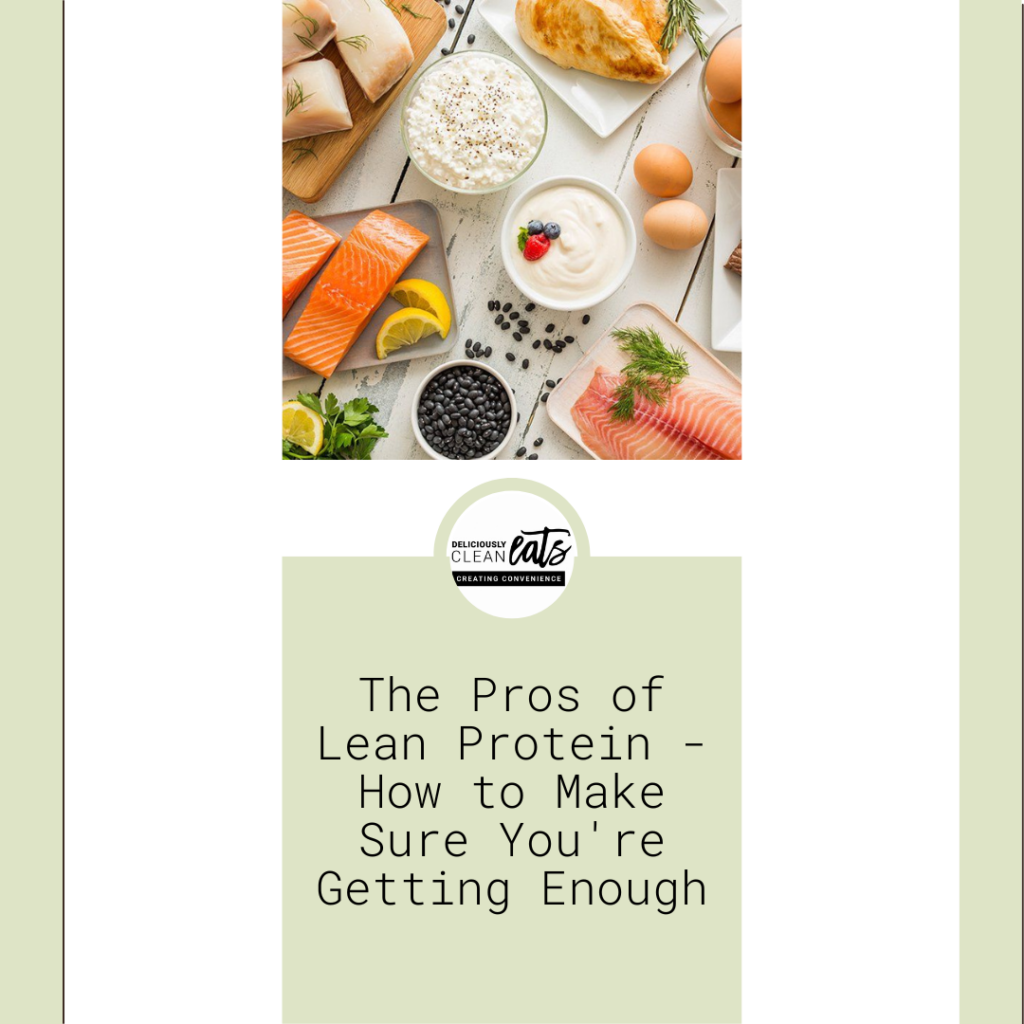Protein is a powerhouse macronutrient seen in an array of different foods that we eat. It is an essential dietary element for maintaining a healthy body and mind – meaning it should always be a priority on our plate. But are there certain protein-rich foods that are better for us than others? What about plant protein? Which protein foods should I be eating to support overall health? This topic can invoke feelings of confusion…but fear not – we will show you the whey (lame protein pun intended).
Firstly, why do we need protein?
Our bodies are constantly synthesizing proteins to support our normal bodily functions – meaning it is very important to ensure we are getting enough. Protein supports almost every vital process of the human body – from cell and tissue repair to hormone and enzyme production, to immune system responses. Protein is responsible for assisting in building and maintaining lean muscle, and adding necessary structure to our skin, bones, and hair. If it isn’t apparent already – this nutrient is absolutely crucial!
Where should we be getting protein from?
Protein can be derived from both animal and plant foods. Most animal protein sources are complete, meaning they contain all essential amino acids. Most plant protein sources are incomplete, meaning they may be lacking in one or more essential amino acid. However, consuming multiple types of plant protein can eliminate this limitation. Quality is arguably just as important as quantity when it comes to protein consumption. Lean protein is what we want we want to be prioritizing. This essentially refers to good sources of protein that are low in saturated fats and any other nasties. Variety is also key for ensuring an eating regime of sufficient high-quality protein.
What are some good sources of lean protein?
Separating low and high-quality sources of protein can be challenging – so here’s a few, both animal and plant sources, to get you started.
Poultry
Chicken and turkey are great lean protein options. The breast is the leanest cut, and (regretfully) removing the skin reduces saturated fat even further. Poultry is also a good source of B vitamins and selenium. It can be roasted, baked, steamed, poached, or grilled – a healthy addition to your favourite salad, curry or stir-fry.
Fish
Fish and most other seafood are lean and rich in protein. Some red-fleshed fish like salmon and trout boast omega-3 fatty acids which are also pivotal for a healthy diet. Cans of tuna, salmon, sardines etc can be kept in the pantry and tossed through salads or on a sandwich. Fish fillets can be baked or poached, or even consumed raw if properly cured.
Beans and lentils
An excellent source of lean plant protein as well as dietary fibre. A staple pantry item – and can be used in stews, salads and soups as an animal protein substitute or simply an addition.
Soy products
Tofu, tempeh and other soy products are packed full of protein without the saturated fat content. These are great additions to curries, salads and stir-fries or can be marinated and used as a meat alternative.
Eggs
The marginal fat content of eggs is outweighed by its substantial protein content, alongside other essential vitamins and minerals. They can be poached, scrambled, boiled, baked in healthy treats, used in smoothies – you name it!
Some dairy products
Cottage cheese and Greek yoghurt should be on your shelf in the fridge – offering great amounts of protein without much saturated fat. They can be used for on-the-go snacking, in smoothies or as a topper for toast or healthy waffles.
I’m sure we can all agree that the opportunities for incorporating lean protein into your diet are seemingly endless. Other sources of protein that aren’t as lean, like red meat, still pack a punch with nutrients (particularly iron!) and protein, and are okay to incorporate in our diet from time to time! Simply prioritizing lean options will optimize our overall physical and mental wellbeing, which is a big yes.
